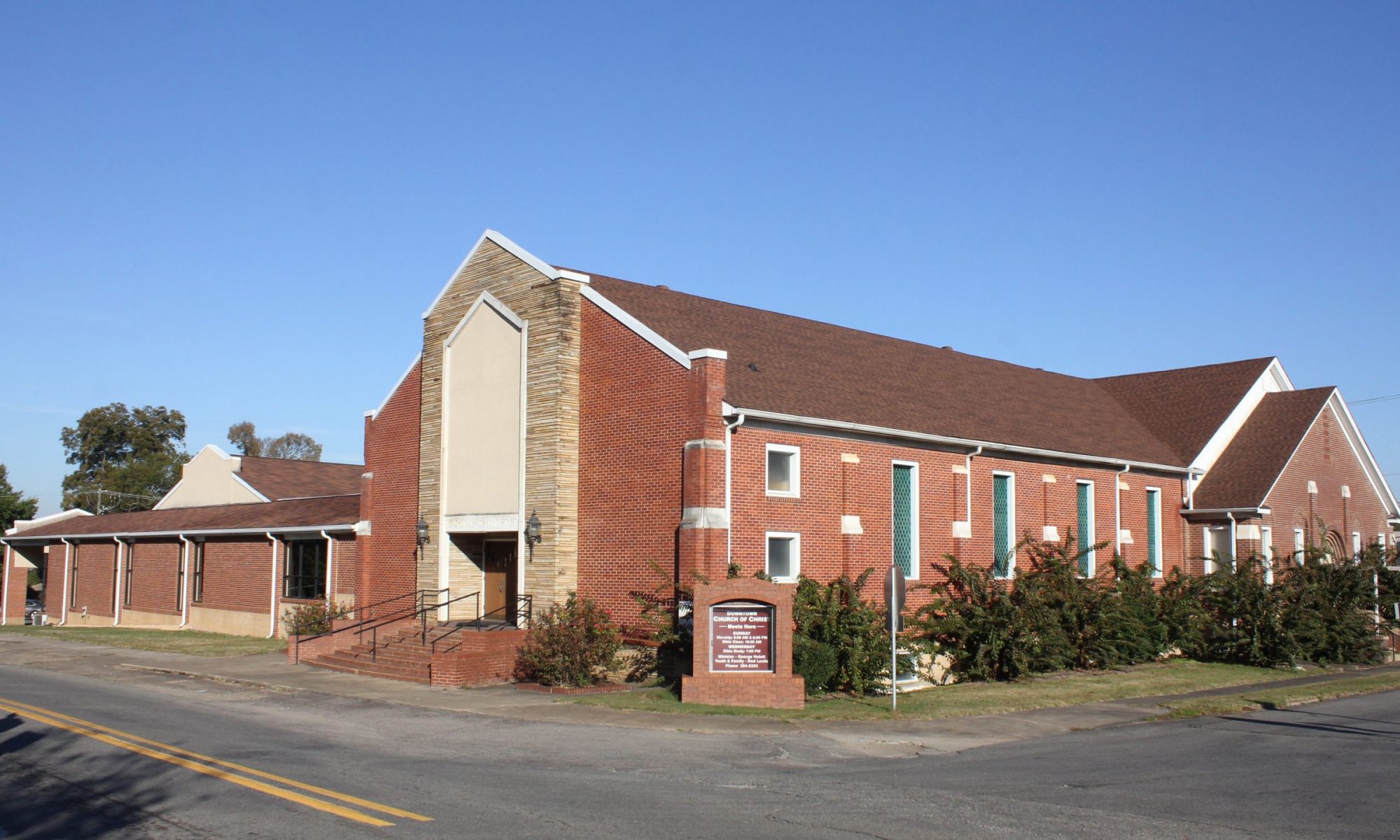
This week we are following up with the narrative of the ark of God being captured by the Philistines. If this were the first time we read about this particular we would find it peculiar. If we had previously read the books of Moses, we would find it rather odd. And if we had read the book of Samuel, (It was originally written as one book and divided into First and Second Samuel for ease of reading.), we’d wag our heads in a little bit of confusion at the events recorded here.
The questions that mount up in my mind always begin with Uzzah. Later, we will read of King David having the ark returned back to Jerusalem. But on the way back, if you will remember, Uzzah saw the ark starting to become off balance and reached up to steady it. When he touched the ark, the Lord struck him dead. We’ll discuss this event in much more detail later, but for now, that much of the story is sufficient to add confusion to today’s blog.
Here are some of the questions that come to my mind when I read this narrative: How could the Philistines move the ark after they captured it? If Uzzah was struck dead for touching it, how did they handle it and live? How did they get the ark into the temple of Dagon, their god? And why would they place it in Dagon’s temple in the first place? How were they able to load it on the cart to send it back to Israel and why did they send the golden tumors and rats back with it? How were the people of Beth Shemesh able to handle the ark and why did those folks look into it? Yes, this narrative raises a few questions for me, but they pretty much boil down to the same question. It has to do with people handling the ark inappropriately and not getting “zapped” instantly, like Uzzah.
The answer, I believe, is that God was trying to teach them a lesson. The Israelites had begun treating the ark as an idol — see last week’s blog on idolatry. And God wanted to teach them a lesson. So He allowed the Philistines to capture the ark and He allowed them to handle it without being struck dead so that His power might be displayed. If He had struck the first and second and so on Philistine who touched the ark dead, there would have been a few, maybe more than a few, of them killed. At some point, they would have quit trying to carry it. But by allowing them to carry it off, God demonstrated His great power over their god and over all people. In fact, the narrative suggests that many of the Philistines began to honor and fear God — perhaps even more than some of the Israelites did.
I write that because, when the ark is returned to Beth Shemesh the people there did not treat the ark as they should have. Instead they set it up on a pedestal and although scriptures record they sacrificed and made offerings to God, the book also records that God struck fifty thousand and seven men of Beth Shemesh dead because they had looked into the ark. God was teaching them a lesson. The lesson was to worship God alone and trust that His ways are always right. It’s still a valid lesson for us today.




